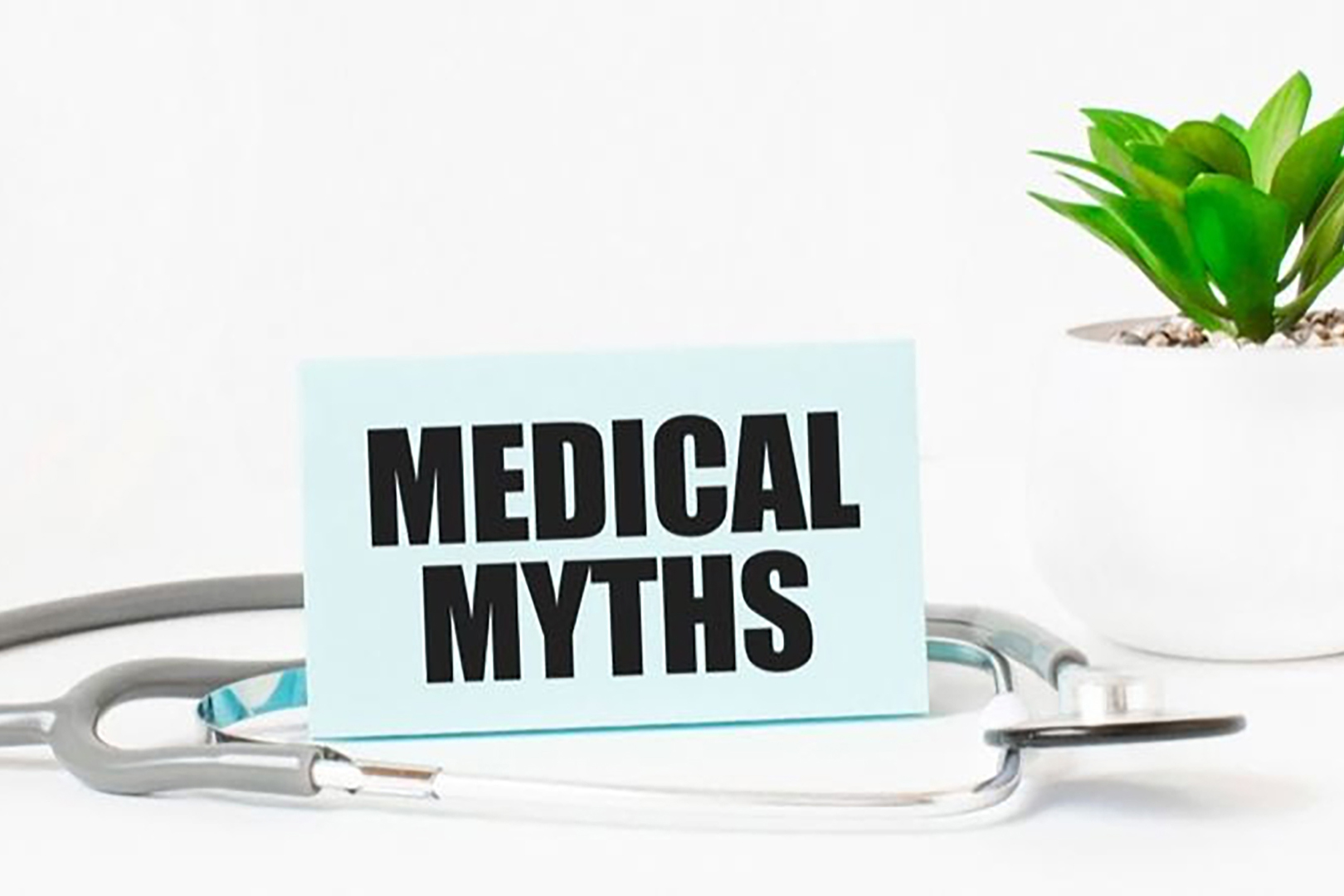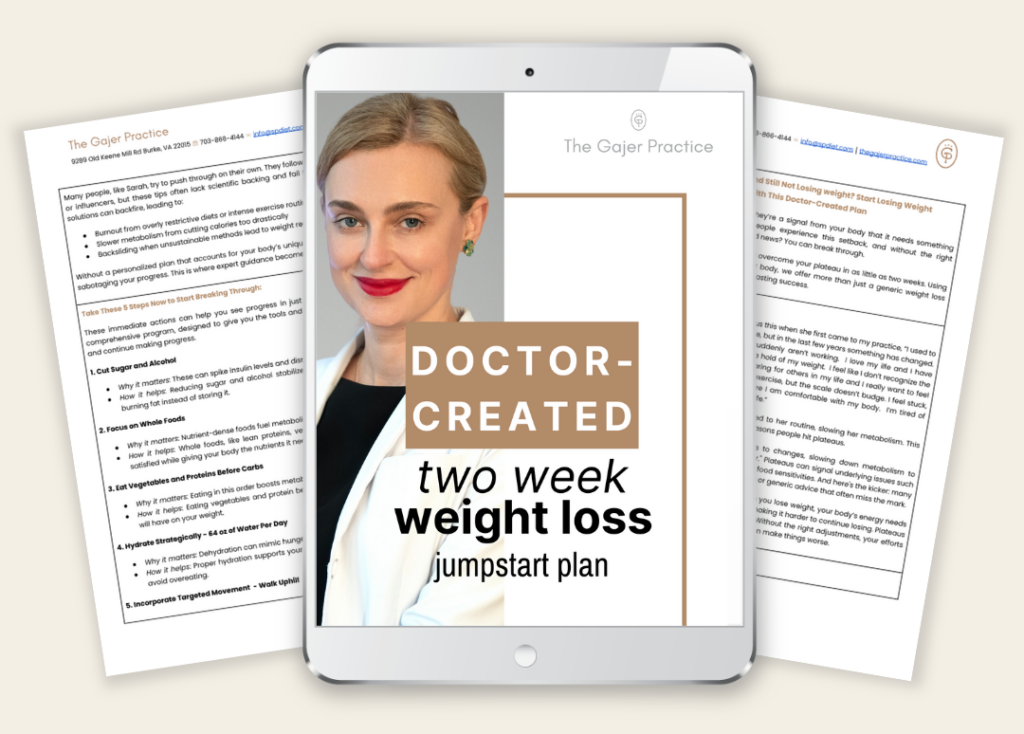Dear readers,
- In our modern healthcare system, mental and emotional health are often treated separately from physical health. It’s common for us to address physical conditions with one set of treatments, while mental and emotional struggles are handled in different ways—often through therapy or medications aimed solely at the mind. However, this siloed approach overlooks one crucial fact: the mind and body are deeply interconnected, and nurturing one affects the other in profound ways.
- As a doctor who works with patients on their overall well-being, I’ve come to realize that the most effective treatments—whether for chronic illness or mental health struggles—are those that take the whole person into account. Mental and emotional health are not just about feeling good in the moment. They have real, tangible effects on our physical health, resilience, and even our longevity.
The Power of the Brain-Body Connection
- The connection between mental health and physical health is undeniable. Our brains and bodies are in constant communication through a network of neurotransmitters and hormones. These chemical messengers influence how we feel, how we cope with stress, and even how our immune system functions.
- When we experience stress, anxiety, or depression, it’s not just our mood that’s affected. These emotional states can trigger physical changes in the body—raising inflammation levels, suppressing immune function, and increasing the risk of chronic diseases like heart disease, diabetes, and even certain cancers. On the flip side, chronic physical illness can worsen mental health, creating a vicious cycle where each condition feeds the other.
The Consequences of Siloed Health
- Unfortunately, too often we treat these aspects of health separately. It’s easy to focus on physical symptoms—pain, weight gain, fatigue, or inflammation—while overlooking the emotional and mental factors that may be contributing. But ignoring mental health can lead to worsening physical health, just as neglecting physical health can compound emotional struggles.
- For instance, people who suffer from depression or anxiety are statistically more likely to develop chronic conditions. These conditions may include autoimmune diseases, heart disease, and even respiratory conditions. The link is not coincidental; it’s rooted in the way chronic stress and unaddressed emotional health issues can impact our immune system, hormone levels, and overall vitality.
A Holistic Approach to Health
- So how can we bridge this gap? The answer lies in integrating mental, emotional, and physical health care. Taking the time to nurture our mental and emotional well-being isn’t just about feeling better in the short term—it can be a predictor of long-term health and longevity.
- Practices that support mental health—such as mindfulness, therapy, social connection, and physical activity—also help balance neurotransmitters, reduce stress, and boost immune function. In the same way, addressing chronic illness through lifestyle changes, proper nutrition, and stress management can improve mental clarity and emotional resilience.
- When we care for our mental and emotional health, we’re not just supporting our minds—we’re investing in our bodies. This holistic approach creates a foundation for resilience that can carry us through life’s challenges, both physical and emotional.
The Path Forward: Embracing the Mind-Body Connection
- The reality is that true wellness requires a whole-person approach. Mental and emotional care is just as essential as physical health care. By recognizing the deep connection between the two, we can make choices that strengthen both our minds and bodies.
- If there’s one thing I hope you take away from this post, it’s this: don’t silo your mental, emotional, and physical health. Instead, nurture them together. Whether you’re dealing with stress, chronic illness, or simply wanting to improve your overall health, tending to your inner life can directly enhance your physical well-being, resilience, and longevity.
The mind and body are not separate—they are one. By addressing both, we can create a future where we not only survive but thrive.
Warmly
Dr. Alex Gajer






